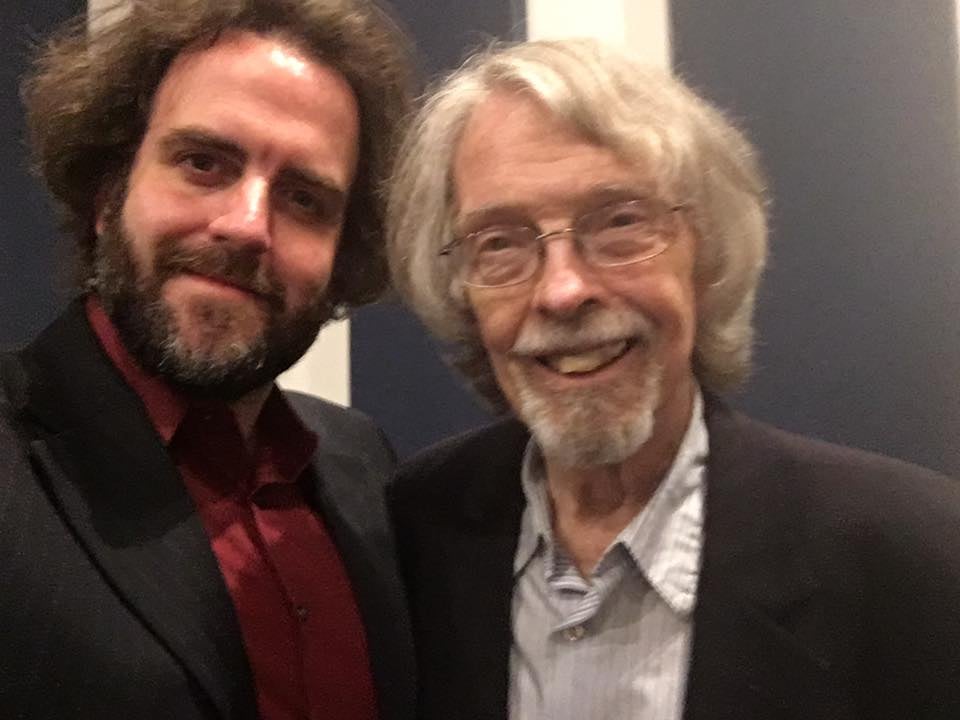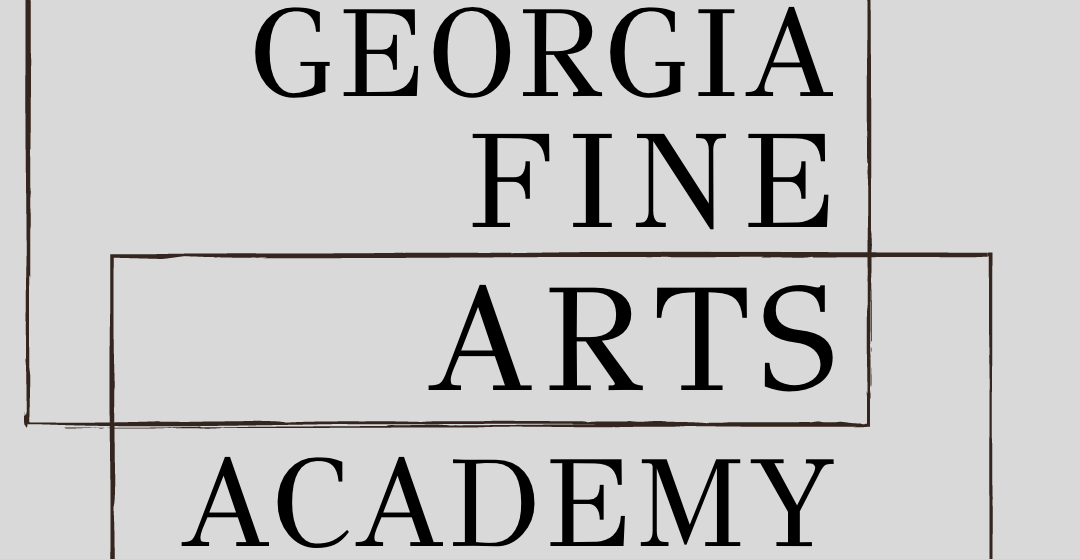
William E. (“Roddy” or “Bill”) Bray was an angel who walked among us. His entire life was an empathetic homage to his ancestors, specifically Dr. Thomas Bray, who encouraged James Oglethorpe to start a debtors’ colony in Georgia, and established lending libraries in “The Colonies” long before even the great Benjamin Franklin. After attending UGA, in the age when “Giants roamed the campus,” Roddy traveled North for Yale Divinity School, following that up with study stints at Harvard, Oxford and pretty much any other impressive educational institute in the Western World. After leaving the formal ministry, Roddy turned his focus toward the arts, establishing a film series in Baltimore which, somewhat inadvertently, launched the career of John Waters.
Leaving his beloved Baltimore to return home and finish his “mission,” he founded The Georgia Fine Arts Academy in 1980, with intensive summer arts programs in Visual Arts and Drama, for which he spent nine months recruiting exceptional students who felt “out of place” in their high schools, as exceptional artists often do. In the 1990’s, the focus of the program turned toward exposing “troubled” children to the arts and the outdoors (since “The Daffodil Farm,” some formerly-Cherokee land his family had owned, land where the daffodils annually blossomed, propelling the entire area into intense Springs). It was in this period when he met his future protegé Bowen Craig.
The Georgia Fine Arts Academy is being revitalized, thanks largely to Bowen Craig, new Creative Director Joy Ovington, playwright and professor John Bray (distant relation, Roddy was a genealogist long before the internet), and Tracy N. Coley, writer/professor/graphic designer.

Dr. John Patrick Bray remembers William E. Bray…
“Thinking: the talking of the soul with itself.”
– Plato
“Poets and philosophers are the unacknowledged legislators of the world.”
– Percy Bysshe Shelley
Bill believed that writers were conduits for messages from a spiritual plane. When considering Plato’s dialogue with Ion, the self-congratulatory actor, Bill Bray concludes (again, with the help of Plato) that the real role of the actor is to be a messenger of The Divine:
“It is not an exaggeration to say that all artists are angels – messengers of God. They are working angels. It is their job to become a channel for these divine messages to flow through them and then through their viewers/listeners out into the world. It is their job to become instruments of revelation, change, energy, revitalization.”
Defining Arts: Messages from God (p.4) by William E. Bray
“Without poets, without artists… everything would fall apart into chaos. There would be no more seasons, no more civilizations, no more thought, no more humanity, no more life even; and impotent darkness would reign forever. Poets and artists together determine the features of their age, and the future meekly conforms to their edit.”
– Guillaume Apollinaire
“You shall be a poet!”
– Rimbaud (“Tu Vates Eres!”)
This is a piece written by Rimbaud in which he gives a description of Apollo reaching from the Heavens telling a school-boy brow-beaten by an ill-tempered teacher who and what he is. For Bill, this was the Call an artist receives, and is not subject to the whims of the academy or arts administrator.
Bill was Apollinaire. Bill called me Euripides. For Bill, there was no such thing as making a long story short. For the listener, this was often a good thing. Bill was assured in his opinions. Bill is gone. Bill is reborn. Bill was kind, patient, and constantly on the quest; what he sought was found in true art and artists. The quest would have no end.
– John P. Bray

